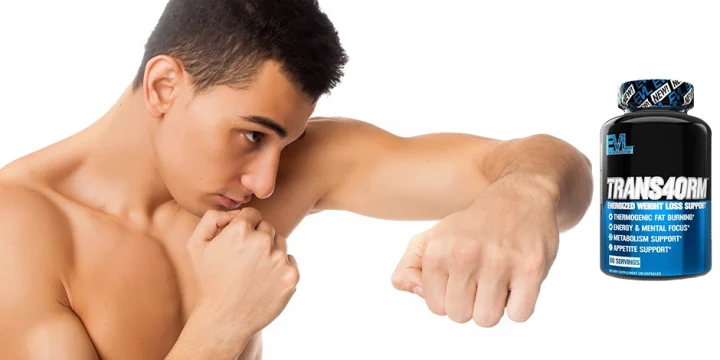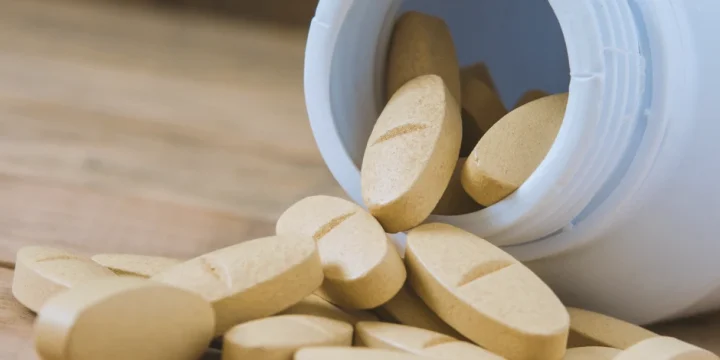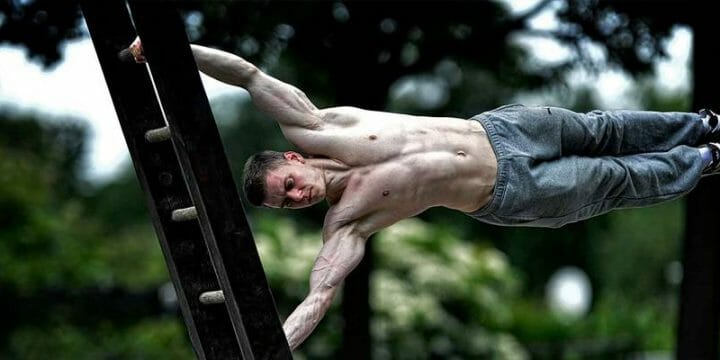Professor Andy Galpin, known for his expertise in kinesiology at California State University, focuses on enhancing human performance.
I've distilled insights from his extensive work, including publications and podcasts, into a practical supplement list.
This guide is tailored to aid in muscle recovery, boost endurance, and improve overall well-being, reflecting Galpin's evidence-based approach.
Andy Galpin's Supplements Stack
For Muscle Recovery:

Creatine Monohydrate - Based On Body-Weight
Creatine monohydrate, a key player in muscle energy, boosts phosphocreatine levels crucial for ATP production, fueling high-intensity workouts.
Supplementing with creatine enhances strength, power, and muscle performance, and aids in quicker recovery by mitigating exercise-induced muscle damage and inflammation, according to the study published in PubMed [1].
In my coaching experience, I've seen creatine monohydrate work wonders for athletes. It's a powerhouse for muscle energy, essential for intense training sessions.
Whey Protein - High-Quality Muscle Fuel
Whey protein is a highly regarded supplement supporting muscle growth, recovery, and athletic undertake.
Derived from milk, whey protein contains essential amino acids, including leucine, crucial in stimulating muscle protein synthesis.
Beyond its muscle-building properties, it also offers additional benefits: satiety, aiding in weight management, and calorie control.
Whey protein also supports immune function and provides antioxidant benefits, contributing to overall health and well-being.
From my training days, I found whey protein indispensable for muscle growth and recovery.
Glutamine - 20 Grams A Day (Split Into 2 Doses)
Glutamine, plentiful in the body, plays a key role in protein synthesis, immune health, and gut integrity. Intense workouts may lower glutamine levels, affecting muscle recovery and immune response.
Based on my experience, supplementing with glutamine is beneficial for restoring these levels, aiding in muscle recovery, and bolstering immune function, especially for those in extensive training.
Curcumin - 500 Mg Curcumin – 3x Day
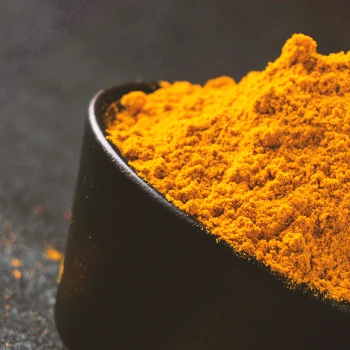
Curcumin, the active ingredient in turmeric, is recognized for its anti-inflammatory and antioxidant effects. Studies suggest it helps reduce inflammation and oxidative stress.
Beneficial in muscle recovery, curcumin can lessen exercise-related muscle damage and soreness and is effective in supporting joint health, easing discomfort from intense workouts.
Its antioxidant qualities also play a role in enhancing overall health.
I've recommended curcumin to athletes for its effective anti-inflammatory properties, which have shown to aid muscle recovery in my practice.
Omega-3 Fish Oil - 2 – 5 Grams/Day
Omega-3 fatty acids, EPA and DHA, found in fish oil, play a key role in reducing inflammation and supporting various body functions.
Supplementing with omega-3 can aid in reducing inflammation caused by exercise, enhance muscle recovery and growth, improve brain function, and maintain joint health.
Additionally, they are beneficial for heart health and cognitive abilities [2].
In my coaching experience, omega-3 supplements have been essential for athletes' overall well-being, particularly in reducing inflammation.
Endurance

Nitric Oxide Boosters
Nitric oxide (NO) boosters are supplements that promote the production of nitric oxide in the body.
NO boosters, functioning as vasodilators, enhance blood flow and oxygen delivery to muscles, crucial for boosting exercise performance and aiding recovery.
This improved circulation also facilitates better nutrient and oxygen absorption by muscles, supporting their growth and repair.
I've observed notable improvements in athletes' performance and endurance when they included NO boosters in their regimen.
Beet Extract - 5 To 8 Mmol Of Nitrates – 90 Mins Prior
Beet extract, loaded with dietary nitrates, converts into nitric oxide, enhancing blood vessel dilation and boosting blood flow and oxygen to muscles.
This process can significantly improve exercise performance, especially in endurance and cardiovascular activities, aiding in both endurance enhancement and recovery.
I've personally used beet extract before endurance training, and it significantly boosted my performance.
Related Posts:
Citrulline - 6 To 8 Grams – 60 Minutes Prior
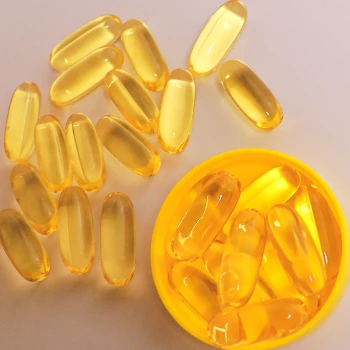
Citrulline, an amino acid, boosts nitric oxide production, leading to widened blood vessels and improved muscle blood flow.
This enhances exercise performance, reduces fatigue, and aids in muscle recovery.
Citrulline also helps clear ammonia during workouts, minimizing muscle fatigue and boosting exercise capacity.
Incorporating citrulline has been a game-changer in my personal training, enhancing my workout performance and muscle recovery.
Caffeine - Dose Depends On Individual
Caffeine is a well-known stimulant that acts on the central nervous system.
It can increase alertness, focus, and reduce perceived exertion, leading to enhanced exercise performance and endurance.
Caffeine has been shown to improve time to exhaustion during endurance activities, enhance fat oxidation, and increase overall work output.
As a coach, I've seen caffeine effectively boost focus and reduce fatigue in athletes.
Other Supplements

Rhodiola Rosea
Rhodiola Rosea, an adaptogen, modulates stress response, aiding the body in coping with physical and mental stress.
This herb can boost exercise performance and recovery after intense workouts by alleviating stress and fatigue.
Additionally, it benefits mood and cognitive function, contributing to overall well-being.
I've recommended Rhodiola Rosea to stressed athletes, and many reported feeling more balanced and focused during training.
Collagen
Collagen is the most abundant protein in the body and is a vital component of connective tissues, such as skin, joints, and bones.
Supplementing with collagen can support joint health and mobility, promote healthy skin elasticity and hydration, and contribute to the strength and integrity of bones.
It may also help reduce joint pain and inflammation, support muscle recovery, and promote overall tissue repair.
Incorporating collagen supplements has helped many of my clients improve joint health and skin elasticity.
Read More: When Is the Best Time to Take Collagen
Multivitamin
A multivitamin is a dietary supplement that contains a combination of essential vitamins and minerals.
It is designed to provide a comprehensive range of nutrients that may be lacking in one's diet.
Multivitamins support overall health and well-being by filling potential nutrient gaps, supporting immune function, promoting energy production, and aiding in various physiological processes.
They can also support recovery from intense physical activity, assist in muscle repair, and contribute to optimal cognitive function.
Based on my coaching, a daily multivitamin has been crucial for filling nutritional gaps in athletes' diets.
Vitamin D

Vitamin D, crucial for calcium absorption and bone health, is essential for maintaining strong bones and teeth and supports the immune system.
It's also important for mood regulation and mental well-being.
Supplementing with vitamin D is beneficial, especially for people with limited sunlight exposure, like those in northern regions or during winter months, according to the National Library of Medicine [3].
I've seen a significant improvement in athletes with limited sun exposure when they started supplementing with Vitamin D.
Magnesium Malate
Magnesium malate is a form of magnesium that is bound to malic acid. Magnesium is an essential mineral involved in numerous physiological processes in the body.
It is crucial in energy production, muscle and nerve function, protein synthesis, and maintaining healthy bones.
Supplementing with magnesium malate can help support optimal muscle function, reduce muscle cramps and spasms, promote relaxation and restful sleep, and contribute to overall energy production.
It may also support cardiovascular health and aid in exercise recovery.
From my coaching experience, magnesium malate has been effective in reducing muscle cramps and supporting restful sleep in athletes.
"We must develop our ability to become more aware of what's going on in the body."
– Dr. Andy Galpin
His Stats
- Born: March 10, 1983
- Height: 6’2”
- Weight: N/A
- Waist: N/A
- Chest: N/A
Andy Galpin's Tips

Nutrition and recovery play a pivotal role in hypertrophy training. Dr. Andy Galpin suggests a balanced diet rich in protein and carbohydrates post-workout and emphasizes the importance of 7-9 hours of sleep for optimal recovery, along with effective stress management techniques to maximize muscle growth and health.
Here are some other helpful tips:
- Achieving fitness and performance goals requires attention to nutrition and supplementation.
- Prioritize sleep, optimal nutrition, and hydration as fundamental elements of a successful fitness plan.
- Ensure proper hydration by drinking 6-8 glasses of water daily and supplementing with electrolytes to enhance mental and physical performance while maintaining overall health.
- It is important to stay hydrated to maintain physical and mental performance, but it is also important to not overdrink water to prevent hyponatremia.
- Start the day by drinking a glass of water, focusing on eating whole, real foods, and sipping on water in the three hours leading up to sleep.
- Choose foods like watermelon and meats, and be mindful of the amount of sugar you consume.
- Hydration plays a vital role in achieving restful and high-quality sleep.
- Hydration is very important for brain health, an effect dehydration can lead to issues such as fatigue, brain fog, and difficulty concentrating.
FAQs
Can Creatine Help Depression?
Creatine may have potential benefits in alleviating symptoms of depression. It is believed that creatine's role in energy metabolism and its neuroprotective effects could contribute to its antidepressant properties.
Does Creatine Affect Heart?
No, in healthy individuals, there is no substantial evidence to suggest that creatine negatively affects the heart when used in recommended doses. However, individuals with pre-existing heart conditions or kidney problems should exercise caution and consult with a healthcare professional before starting creatine supplementation.
What Makes Muscles Grow Faster?
To promote faster muscle growth, a combination of factors is essential. Consistent and progressive resistance training is key, as it challenges the muscles and stimulates hypertrophy. This can be achieved by gradually increasing the weight, intensity, or volume of your workouts. Adequate supplement intake is crucial, as supplements provide the building blocks necessary for muscle repair and growth.
Which Muscle Is Harder to Grow?
The harder muscle to grow is typically the calves (gastrocnemius and soleus muscles) due to their naturally high percentage of slow-twitch muscle fibers and the challenging nature of effectively targeting and stimulating them during resistance training.
References:
- https://pubmed.ncbi.nlm.nih.gov/7817065/
- https://ods.od.nih.gov/factsheets/Omega3FattyAcids-HealthProfessional/
- https://www.ncbi.nlm.nih.gov/books/NBK56061/
About The Author
You May Also Like
